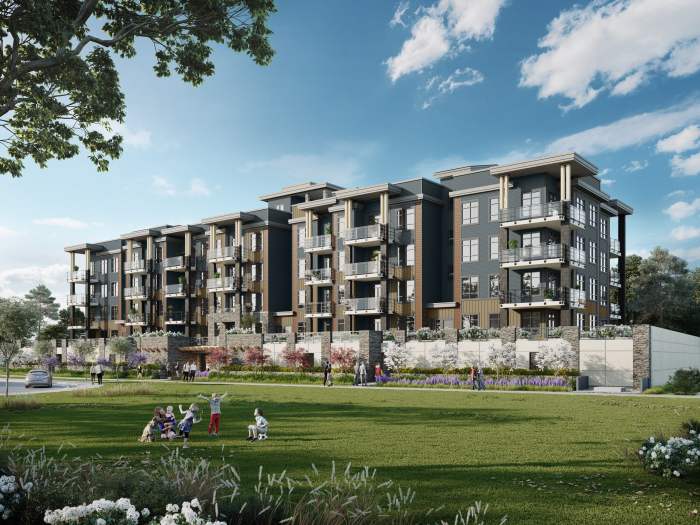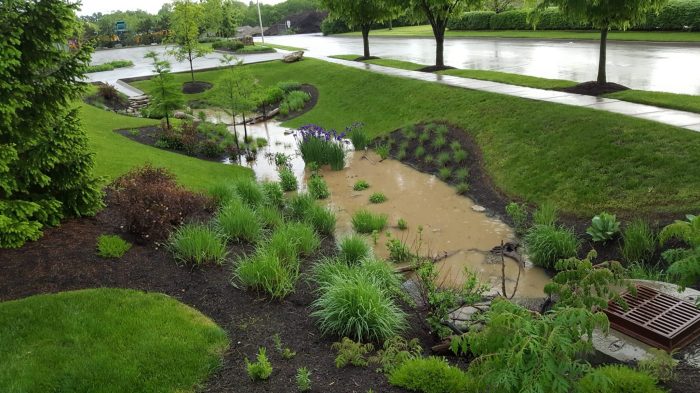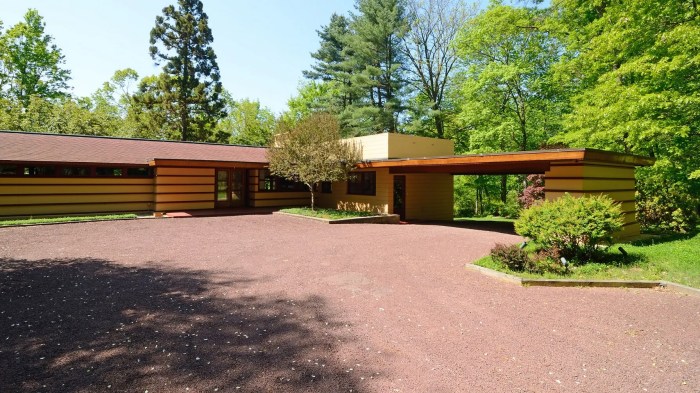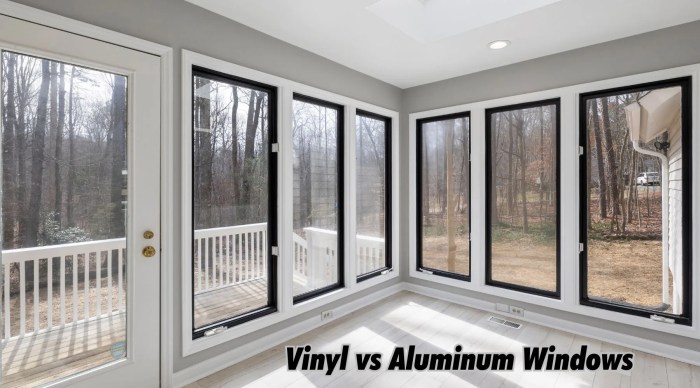Delving into the realm of concrete driveway installation cost, this introduction aims to captivate readers with a comprehensive overview that delves into key factors affecting pricing, cost comparisons with other materials, labor considerations, and additional cost factors. Get ready to explore the nitty-gritty details of what influences the cost of installing a concrete driveway.
Factors Affecting Concrete Driveway Installation Cost
When it comes to determining the cost of installing a concrete driveway, several key factors come into play. These factors can significantly impact the overall price you can expect to pay for your project.
Driveway Size
The size of your driveway is one of the most significant factors affecting the cost of installation. The larger the area that needs to be paved, the more materials and labor will be required, resulting in a higher overall cost.
Additionally, larger driveways may also require additional equipment, which can further increase the price.
Complexity of Design
The complexity of the design you choose for your concrete driveway will also impact the cost. Intricate patterns, curves, or decorative elements will require more time and expertise to install, leading to higher labor costs. Simple, straight driveways are generally more cost-effective to install compared to complex designs.
Materials Quality
The quality of the materials used for your concrete driveway will play a significant role in determining the overall cost. Higher quality materials, such as premium concrete mixes or reinforced additives, will typically come at a higher price point. While investing in quality materials may increase the initial cost, it can result in a more durable and long-lasting driveway, ultimately saving you money on repairs and maintenance in the long run.
Cost Comparison with Other Driveway Materials
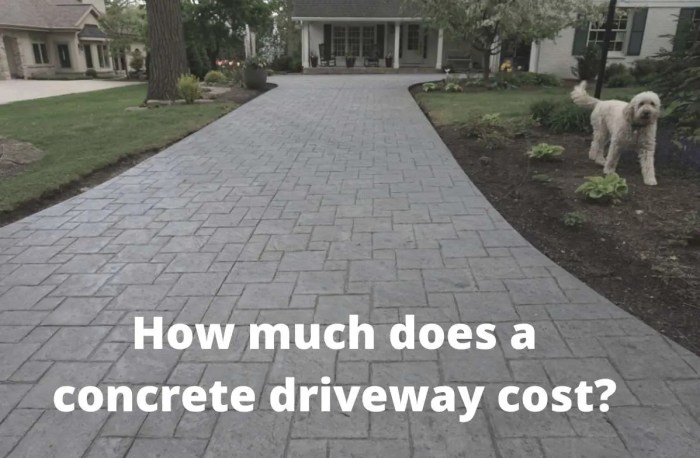
Concrete driveways are a popular choice for homeowners due to their durability and longevity. However, when comparing costs with other driveway materials such as asphalt, gravel, and pavers, it's essential to consider the initial installation expenses, as well as the long-term cost benefits.
Breakdown of Costs
- Concrete: The initial installation cost of a concrete driveway is typically higher than asphalt and gravel, but lower than pavers. Concrete driveways can last up to 30 years with proper maintenance.
- Asphalt: Asphalt driveways are more affordable to install compared to concrete. However, they require more frequent maintenance and have a shorter lifespan of around 20 years.
- Gravel: Gravel driveways are the least expensive option upfront but may require regular regrading and replenishing. They have a shorter lifespan compared to concrete and asphalt.
- Pavers: Paver driveways have the highest upfront cost among the materials mentioned. While they offer design flexibility, they can be costly to repair and maintain over time.
Long-Term Cost Benefits
Choosing a concrete driveway over other materials can provide long-term cost benefits in terms of durability and maintenance. While the initial investment may be higher, the extended lifespan of a concrete driveway means fewer repair and replacement costs over time.
Concrete driveways also require less maintenance compared to asphalt, gravel, and pavers, saving homeowners time and money in the long run.
Maintenance Costs
Concrete driveways are known for their low maintenance requirements. Regular sealing and cleaning are recommended to prolong the lifespan of a concrete driveway. In contrast, asphalt driveways need to be resealed every few years, while gravel driveways may require frequent regrading and new gravel.
Paver driveways can be costly to repair and replace individual pavers if they become damaged.
Labor Costs and Installation Process
When it comes to installing a concrete driveway, labor costs play a significant role in the overall expenses. Understanding the installation process and how these costs are calculated is crucial for homeowners looking to undertake this project.
Installation Process
- Site Preparation: This involves clearing the area, removing any existing driveway materials, and grading the land to ensure proper drainage.
- Formwork: Wooden or metal forms are used to Artikel the shape and size of the driveway.
- Pouring Concrete: The concrete is mixed and poured into the formwork, ensuring it is spread evenly.
- Finishing: The surface is smoothed out, and any desired textures or patterns are added before the concrete sets.
- Curing: The driveway is left to cure and strengthen over a period of time.
Calculating Labor Costs
- Labor costs are typically calculated based on the size of the project in terms of square footage.
- Contractors may charge a flat rate per square foot or an hourly rate for labor, depending on the complexity of the project.
- Additional factors such as site accessibility, labor availability, and project timeline can also influence labor costs.
Importance of Hiring Professional Contractors
- Professional contractors have the expertise and experience to ensure the driveway is installed correctly and meets all necessary standards.
- They have access to specialized tools and equipment that are required for the installation process.
- Contractors can help homeowners navigate the permitting process and ensure that the project adheres to local building codes and regulations.
Additional Cost Factors to Consider
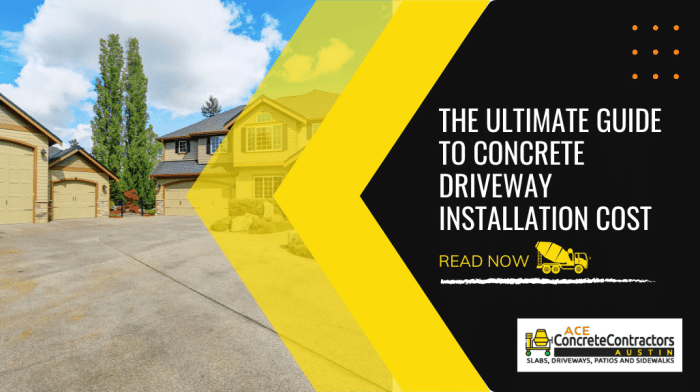
When determining the total cost of installing a concrete driveway, there are several additional factors that can influence the overall expenses. These factors include the location of the installation, site preparation and excavation requirements, as well as any decorative elements or finishes that you may choose to include in your project.
Location Impact on Cost
The location where you plan to install your concrete driveway can have a significant impact on the total cost. Factors such as accessibility, local building codes, and permit requirements can vary from one area to another, affecting the overall expenses.
For example, if your property is located in a remote area that is difficult to access, the cost of transporting materials and equipment to the site may increase.
Site Preparation and Excavation
Site preparation and excavation are crucial steps in the installation process of a concrete driveway. The condition of the existing ground, the need for grading or leveling, and the removal of any obstacles or vegetation can all add to the total cost.
Additionally, if your property has poor soil conditions or requires extensive excavation work, the expenses can escalate.
Decorative Elements and Finishes
Adding decorative elements or finishes to your concrete driveway can enhance its visual appeal but can also increase the total cost of the project. Options such as stamped concrete, exposed aggregate, or colored concrete require additional materials and labor, contributing to a higher overall expense.
It is essential to consider your budget and aesthetic preferences when choosing decorative elements to ensure that the final cost aligns with your expectations.
Last Recap
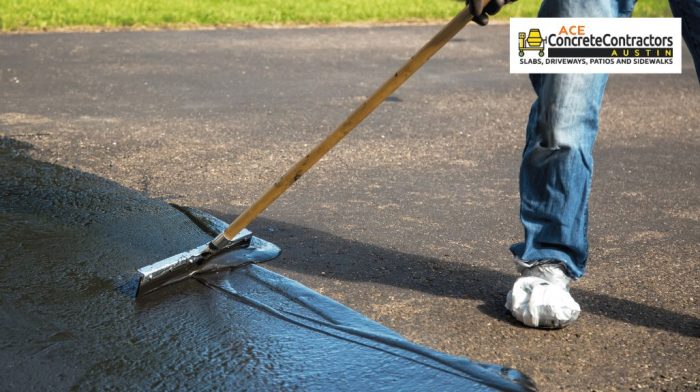
In conclusion, the journey through the intricate world of concrete driveway installation costs sheds light on the various elements that impact pricing, providing a holistic view for those embarking on such a project. From understanding the nuances of material quality to labor costs and beyond, this discussion equips readers with valuable insights for making informed decisions.
FAQ Insights
How does driveway size impact the cost?
Driveway size directly affects the amount of materials needed, impacting the overall cost.
What are the long-term cost benefits of choosing concrete over other materials?
Concrete offers durability and requires less maintenance, leading to cost savings in the long run.
How are labor costs calculated in relation to project size?
Labor costs are usually estimated based on the square footage of the driveway project.
How does location affect the cost of a concrete driveway installation?
Location can impact costs due to accessibility, local labor rates, and permitting requirements.
What decorative elements can add to the total cost of a concrete driveway?
Adding decorative finishes like stamping or staining can increase the overall cost of installation.

